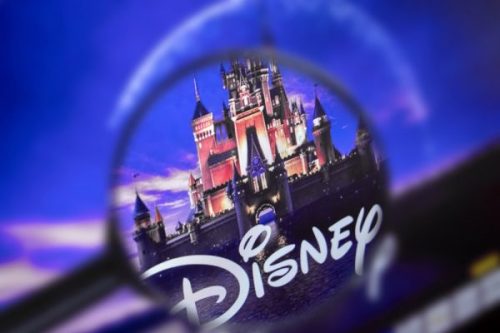
An antitrust lawsuit against Disney has advanced, focusing on the entertainment giant’s dual role as both a content supplier and distributor. U.S. District Judge Edward Davila has allowed a key antitrust claim to proceed, scrutinizing Disney’s ownership and business practices involving ESPN and Hulu.
Legal Developments
According to the Hollywood Reporter, Judge Davila dismissed attempts to terminate the lawsuit, which accuses Disney of leveraging its purchase of Hulu to inflate prices for live TV streamed over the internet. The court concluded that Disney may have enforced anticompetitive terms on competitors, such as AT&T’s DirecTV and Dish’s Sling TV. The allegations suggest Disney mandated these rivals to include ESPN in their cheapest bundles and imposed most favored nation clauses. These clauses ensure that ESPN affiliate fees negotiated with one competitor become a price floor industry-wide.
However, the judge ruled that YouTube TV subscribers involved in the lawsuit cannot seek damages under federal antitrust claims. They are now restricted to pursuing a court order to prevent further antitrust violations but can still claim monetary damages for violations of state competition and consumer protection laws.
Read more: Disney Seeks Dismissal of Antitrust Class Action by TV Streamers Over Subscription Price Hikes
Shifts in TV Subscription Landscape
As recently as 2013, over 90% of U.S. households subscribed to cable or satellite TV packages. This changed dramatically with the advent of streaming platforms. The shift began in 2014 when HBO offered its catalogue via internet subscription, leading to the decoupling of content from traditional cable packages. The rise of virtual multichannel video programming distributors (vMVPDs) like Dish’s Sling TV in 2015 allowed viewers to access traditional cable channels without a cable subscription. Following Sling TV, other companies such as AT&T and Google introduced similar streaming live pay TV (SLPTV) options.
The Lawsuit’s Core
In 2022, YouTube TV subscribers filed a lawsuit against Disney, alleging that the company inflated live TV streaming prices. The lawsuit centers on Disney’s control over ESPN, a highly sought-after channel, and Hulu, a leading SLPTV service. The plaintiffs argue that Disney’s carriage agreements for ESPN were anticompetitive, leading to increased subscription costs across the market. The complaint, representing approximately five million YouTube TV subscribers, cites violations of the Sherman Act regarding unreasonable restraints of trade and various state competition and consumer protection laws.
Source: Hollywood Reporter
Featured News
Big Tech Braces for Potential Changes Under a Second Trump Presidency
Nov 6, 2024 by
CPI
Trump’s Potential Shift in US Antitrust Policy Raises Questions for Big Tech and Mergers
Nov 6, 2024 by
CPI
EU Set to Fine Apple in First Major Enforcement of Digital Markets Act
Nov 5, 2024 by
CPI
Six Indicted in Federal Bid-Rigging Schemes Involving Government IT Contracts
Nov 5, 2024 by
CPI
Ireland Secures First €3 Billion Apple Tax Payment, Boosting Exchequer Funds
Nov 5, 2024 by
CPI
Antitrust Mix by CPI
Antitrust Chronicle® – Remedies Revisited
Oct 30, 2024 by
CPI
Fixing the Fix: Updating Policy on Merger Remedies
Oct 30, 2024 by
CPI
Methodology Matters: The 2017 FTC Remedies Study
Oct 30, 2024 by
CPI
U.S. v. AT&T: Five Lessons for Vertical Merger Enforcement
Oct 30, 2024 by
CPI
The Search for Antitrust Remedies in Tech Leads Beyond Antitrust
Oct 30, 2024 by
CPI